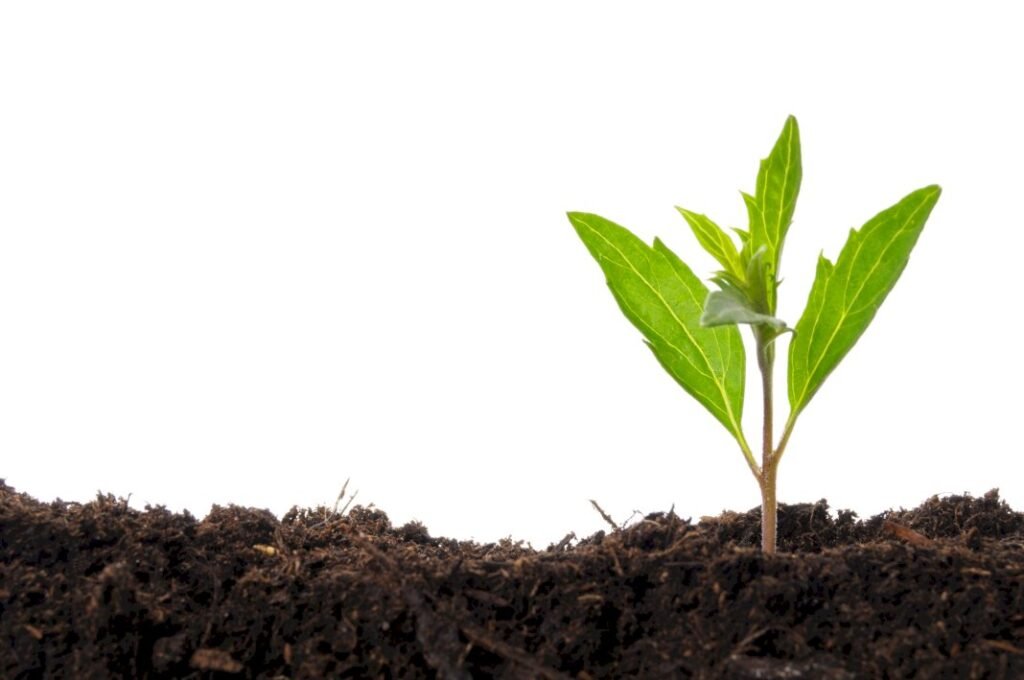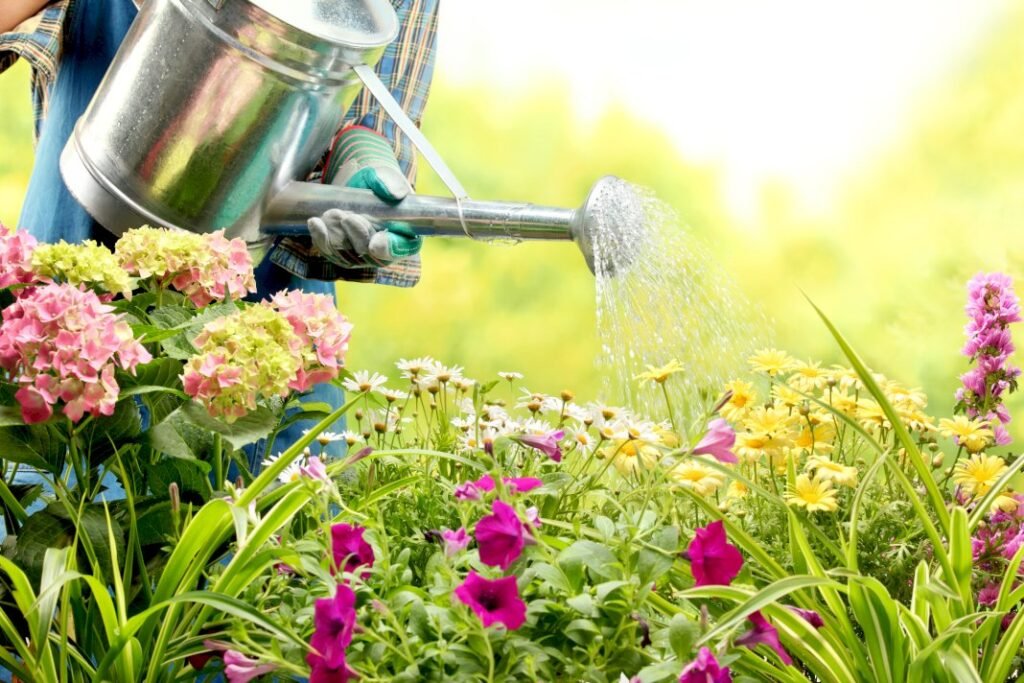- Starting an edible garden requires careful planning, from selecting the right location to nurturing soil, and choosing quality seeds.
- Consistent watering and effective pest control are crucial for sustaining a healthy garden.
- Timely harvesting is essential to maintain productivity and obtain peak flavor and nutritional value from your produce.
- Gardening requires ongoing effort and adaptation to your garden’s unique needs for successful yields.
Starting an edible garden can be rewarding for healthy living, bringing fresh produce to your doorstep. As you embark on this journey, here are a few tips to remember. Happy gardening!
Start Small
If you’re a novice gardener, it’s essential to start small. Rather than attempting to cultivate a large variety of plants, focus on a few that are easy to grow and maintain. Here are some tips to help you out:
Choose the Right Spot
The location of your garden significantly influences its success. Look for a spot with at least six hours of sunlight daily. The soil should be fertile with good drainage to prevent water logging.
Take note of the wind patterns and consider investing in a high-quality winter greenhouse in cold regions, as it can extend the growing season and protect your plants from frost damage. Remember, location selection is critical and requires thoughtfulness and planning. Evaluate all the factors before settling on the perfect spot for your edible garden.
Prepare the Soil

Proper soil preparation is vital for the growth and development of your garden plants. It involves enriching the soil with nutrients, balancing its pH levels, and improving its structure to ensure it can retain adequate moisture while draining excess water. Begin by removing any weeds or stones from your garden area.
Subsequently, add organic matter, such as compost or well-rotted manure, to enrich the soil, providing essential nutrients for your plants. Test the soil’s pH as different plants thrive in different pH levels; amend it to suit your chosen plants.
Lastly, you might consider adding mulch to the soil surface after planting. Mulch acts as a barrier against soil erosion, maintains soil moisture levels, and gradually breaks down, adding nutrients to the soil. Proper soil preparation sets the foundation for a thriving edible garden.
Use Quality Seeds
Investing in quality seeds is crucial to kickstart your edible garden. While it may be tempting to save money with cheaper options, remember that the quality of your produce directly correlates with the quality of the seeds you plant. High-quality seeds have a higher germination rate, meaning more seeds will successfully sprout.
They are also likely to be disease-resistant and adapted to your specific growing conditions, resulting in healthier, more productive plants. Consider buying seeds from reputable local nurseries or online seed banks, and opt for organic and non-GMO varieties whenever possible.
Pay attention to the seed packet information, which usually includes details about the plant variety, sowing instructions, and harvest expectations. Remember, your garden’s success begins with the seeds you plant, so invest wisely.
Regular Watering

Consistent watering is key to sustaining a thriving edible garden. Water is essential for transporting nutrients and minerals within plants, vital to their growth and productivity. Different plants and growth stages may have varying watering needs. However, keeping the soil consistently moist is a general rule of thumb.
Be cautious of overwatering, which can cause root rot and other diseases. Remember, watering deeply and infrequently is more beneficial than lightly and frequently. Deep watering promotes the growth of robust root systems, ensuring your plants’ overall health and vitality.
Consider investing in a soaker hose or drip irrigation system to ensure efficient watering. Additionally, water early in the morning or late in the evening reduces evaporation. Monitoring your garden’s moisture levels and adapting your watering schedule will ensure your plants are well-hydrated and healthy.
Pest Control
Effective pest control is an important aspect of maintaining a healthy edible garden. Pests can cause significant damage to your plants, hindering their growth and reducing your harvest. Regularly inspect your garden for signs of pests, such as chewed leaves or unusual plant discoloration.
Implement natural pest control methods like introducing beneficial insects, using organic pesticides, or employing plant companion strategies. For instance, planting marigolds near tomatoes can deter harmful nematodes. Remember, prevention is the best form of pest control.
Strong, healthy plants are less likely to be affected by pests, so focus on providing optimal growing conditions for your garden. If pests become a significant problem, do not hesitate to seek advice from a local extension service or gardening club. They can provide valuable insights based on your specific situation and geographic location.
Timely Harvest
Timely harvesting is crucial in maintaining a productive edible garden. Each type of vegetable has its own ideal harvesting time, which usually correlates with peak flavor and nutritional value. Waiting too long to harvest can produce overripe, tough, or flavorless produce.
On the other hand, harvesting too early may yield underdeveloped and less flavorful veggies. So, get to know the harvesting indicators for each plant type in your garden. Generally, regular harvesting encourages plants to produce more, enhancing your overall yield.
A taste test could be a good guide if you’re unsure when to harvest. Remember that home-grown vegetables, like those at the grocery store, don’t need to look perfect. What matters most is the freshness and flavor you can only get from your garden. Harvest your produce, enjoy the fruits of your labor, and plan for continual planting to enjoy fresh produce year-round.
In conclusion, starting an edible garden might initially seem daunting, but with these tips, you’re well-equipped for success. Put in the time and effort to understand your garden’s unique needs, and in return, it will reward you with a bounty of fresh, home-grown produce. So what are you waiting for? Put on those gardening gloves, get your hands dirty, and embark on this rewarding journey towards healthier living.